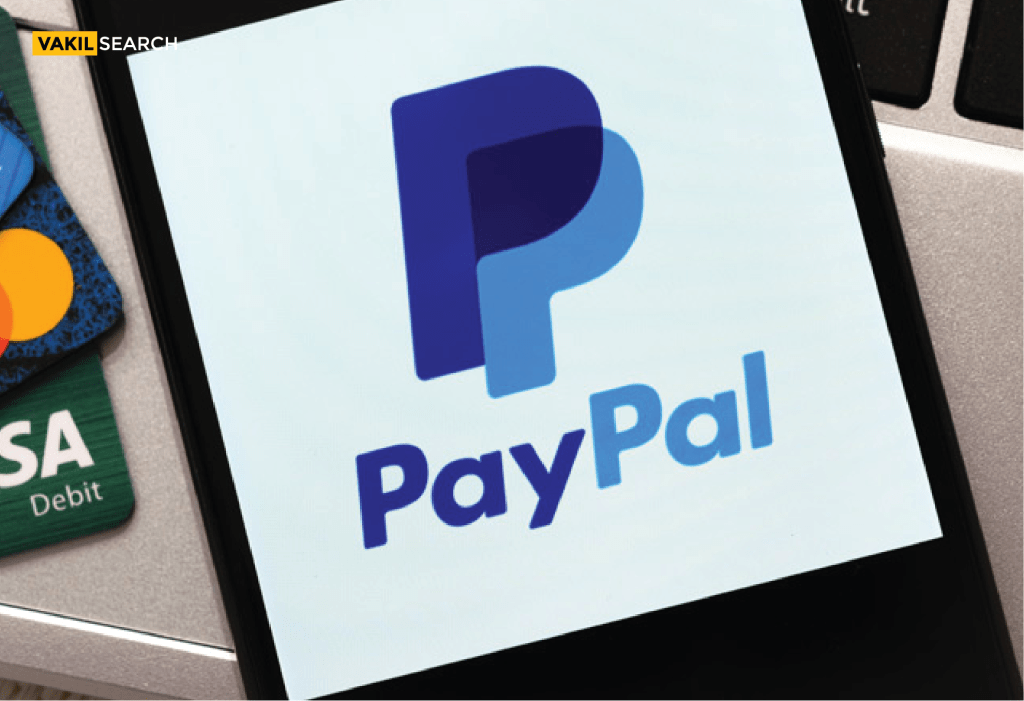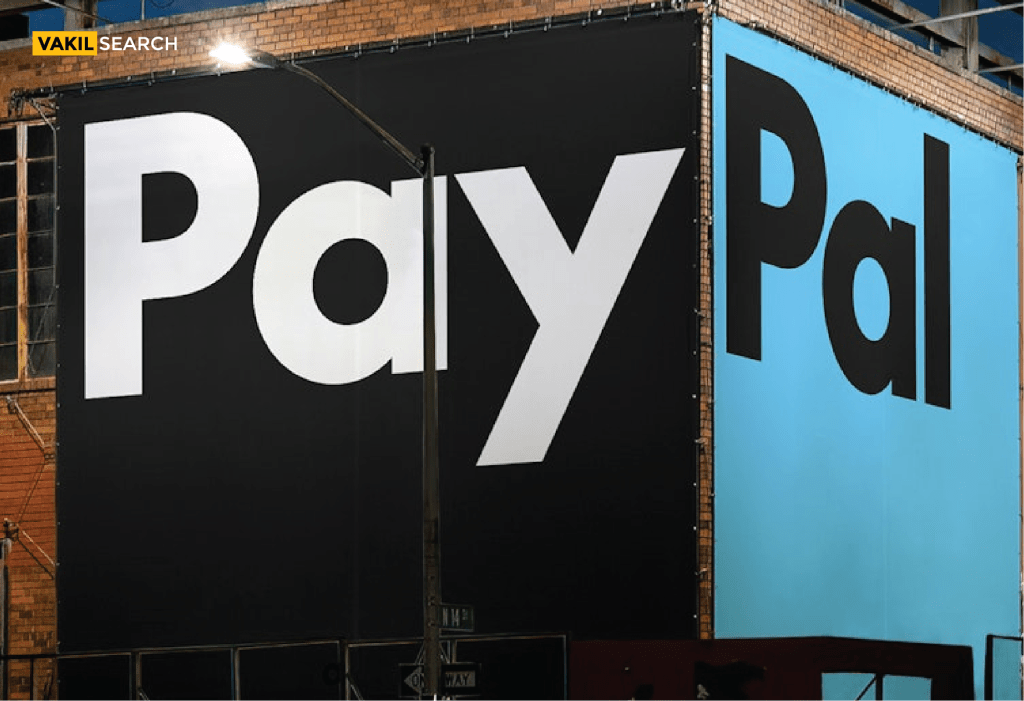PayPal has confirmed a significant cybersecurity breach, revealing that a PayPal credential stuffing attack compromised 35,000 customer accounts. The breach, which occurred between December 6 and December 8, 2022, was disclosed publicly in early 2023. This breach raised serious concerns about PayPal’s security practices, as it exposed sensitive customer data and highlighted vulnerabilities in the company’s protective infrastructure.
How the Attack Happened: Credential Stuffing Explained
Credential stuffing is a common cybercrime technique where hackers use automated tools to try to steal login credentials across various platforms. This attack is effective when users reuse passwords across different services. In PayPal’s case, attackers used stolen credentials to gain unauthorised access to accounts, exploiting weak security measures like the absence of multi-factor authentication (MFA). These deficiencies allowed the attack to succeed, exposing sensitive personal details such as names, dates of birth, postal addresses, Social Security numbers, and tax identification numbers.
Key Causes of the PayPal Breach
The PayPal credential stuffing was caused by several security lapses within PayPal’s systems. According to the New York Department of Financial Services (DFS), PayPal failed to implement critical security measures like MFA, CAPTCHA, and rate limiting. These oversights allowed attackers to bypass security defences and access customer accounts.
Additionally, the mishandling of IRS Form 1099-K played a role in the breach. PayPal had modified the form to provide users with easier access to their tax forms, but the team responsible for these changes lacked proper training on PayPal’s systems. This lack of training led to errors in handling sensitive customer data, further exposing users to risk.

Aftermath and Immediate Measures
Following the breach, PayPal acted swiftly to limit further damage. The company masked sensitive data on affected IRS forms and implemented stronger security measures, including mandatory MFA for all U.S. users. PayPal also introduced CAPTCHA and rate-limiting measures to prevent further credential stuffing attacks. However, the DFS report noted that these actions came too late to prevent the initial breach, raising questions about PayPal’s proactive cybersecurity efforts.
Rising Threat of Credential Stuffing Attacks
This breach is part of a larger trend of increasing credential stuffing attacks. Cybercriminals are targeting a wide range of online platforms, exploiting weak security practices to access sensitive information. As these attacks become more common, it’s crucial for businesses to adopt stronger authentication measures, like MFA, and regularly train employees on cybersecurity best practices. PayPal’s breach underscores the importance of such measures in preventing unauthorised access to user accounts.
PayPal’s Penalty and Settlement
In response to the breach, PayPal reached a settlement with the New York State Department of Financial Services. As part of the settlement, the company agreed to pay a $2 million fine and has committed to improving its cybersecurity practices. The DFS has also reserved the right to impose further penalties if additional violations are discovered. This settlement serves as a reminder of the significant consequences companies face when they fail to protect user data adequately.

Preventing Credential Stuffing Attacks
In light of this breach, businesses must implement measures to prevent credential stuffing attacks. Some of the key strategies include:
- Requiring MFA for all user accounts.
- Implementing rate limiting and CAPTCHA to block automated login attempts.
- Regularly educating employees about cybersecurity best practices.
Despite PayPal’s efforts to improve its security, the breach raises concerns about the effectiveness of these measures in preventing future attacks. It’s clear that businesses, especially those in the financial sector, must prioritise robust cybersecurity systems to safeguard customer data.
While PayPal has taken corrective steps after the breach, the incident highlights the ongoing challenge of protecting user data in the face of evolving cyber threats. Credential stuffing attack prevention remains a priority for PayPal and other companies in the financial sector.
If you’re facing issues due to a cybersecurity breach, Vakilsearch can help protect your legal rights and guide you through the process. Contact us for expert assistance.
- OpenAI Defends ChatGPT in Delhi HC Over Copyright Infringement - April 3, 2025
- Haryana GST Amnesty Scheme Offers Relief on Interest and Fines - March 31, 2025
- FM Sitharaman Defends Digital Records Access in Tax Investigations - March 26, 2025

